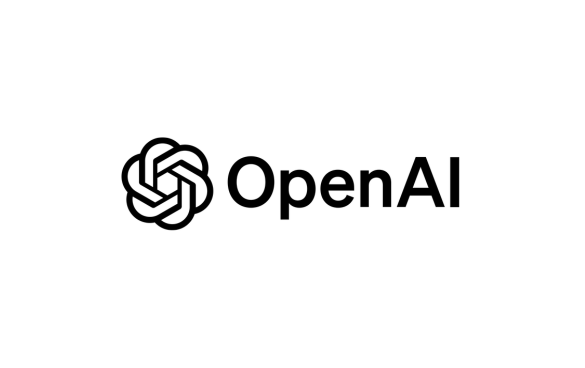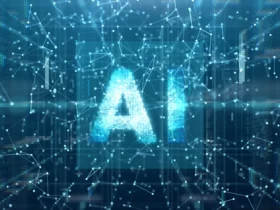OpenAI Denied “GPT” Trademark by USPTO
On February 15, 2024, the United States Patent and Trademark Office (USPTO) rejected OpenAI’s attempt to register “GPT” (Generative Pre-trained Transformer) as a trademark.
The United States Patent and Trademark Office (USPTO) rejected the term “GPT” as a trademark because they considered it too generic and descriptive, not meeting the requirements for a distinctive trademark.
OpenAI, a non-profit company focused on artificial intelligence development, had previously filed two trademark applications for “GPT” and “ChatGPT”. The USPTO rejected both applications for the same reason.
The USPTO declared “GPT” a common term in the AI and technology industry, incapable of solely representing OpenAI’s products or services.
This is reinforced by the fact that many other companies also use the term “GPT” in their products and services.
This USPTO decision opens up opportunities for other companies to use the term “GPT” in their products and services without fear of trademark infringement.
Impact of “GPT” Trademark Rejection
The rejection of the “GPT” trademark by the USPTO can have several impacts, including:
- Increased competition in the AI market: With more companies using the term “GPT”, competition in the AI market will intensify. This can drive innovation and the development of better AI products and services.
- Consumer confusion: The use of the term “GPT” by various companies can confuse consumers. This can make it difficult for consumers to differentiate AI products and services from OpenAI from those of other companies.
- Impact on OpenAI’s reputation: The rejection of the “GPT” trademark can affect OpenAI’s reputation as a leader in AI development. This may make other companies hesitant to collaborate with OpenAI on future AI projects.
OpenAI’s Next Steps
OpenAI has not yet commented officially on the USPTO’s rejection of the “GPT” trademark. However, OpenAI still has several options to protect its rights to the term “GPT”, including:
- Appealing the USPTO decision: Appealing the USPTO decision to the United States Court of Appeals for the Federal Circuit.
- Choosing a different term for its products and services: Choosing a more distinctive term for its products and services.
- Focusing on AI technology development: Focusing its efforts on developing more sophisticated and innovative AI technology.
Conclusion
The USPTO’s rejection of the “GPT” trademark is significant in the AI industry. It can open up new opportunities for other companies to develop their AI products and services.
However, it can also create some challenges, such as consumer confusion and potential reputational damage for OpenAI.
Read Also: AI Integration: Powering Collaboration






